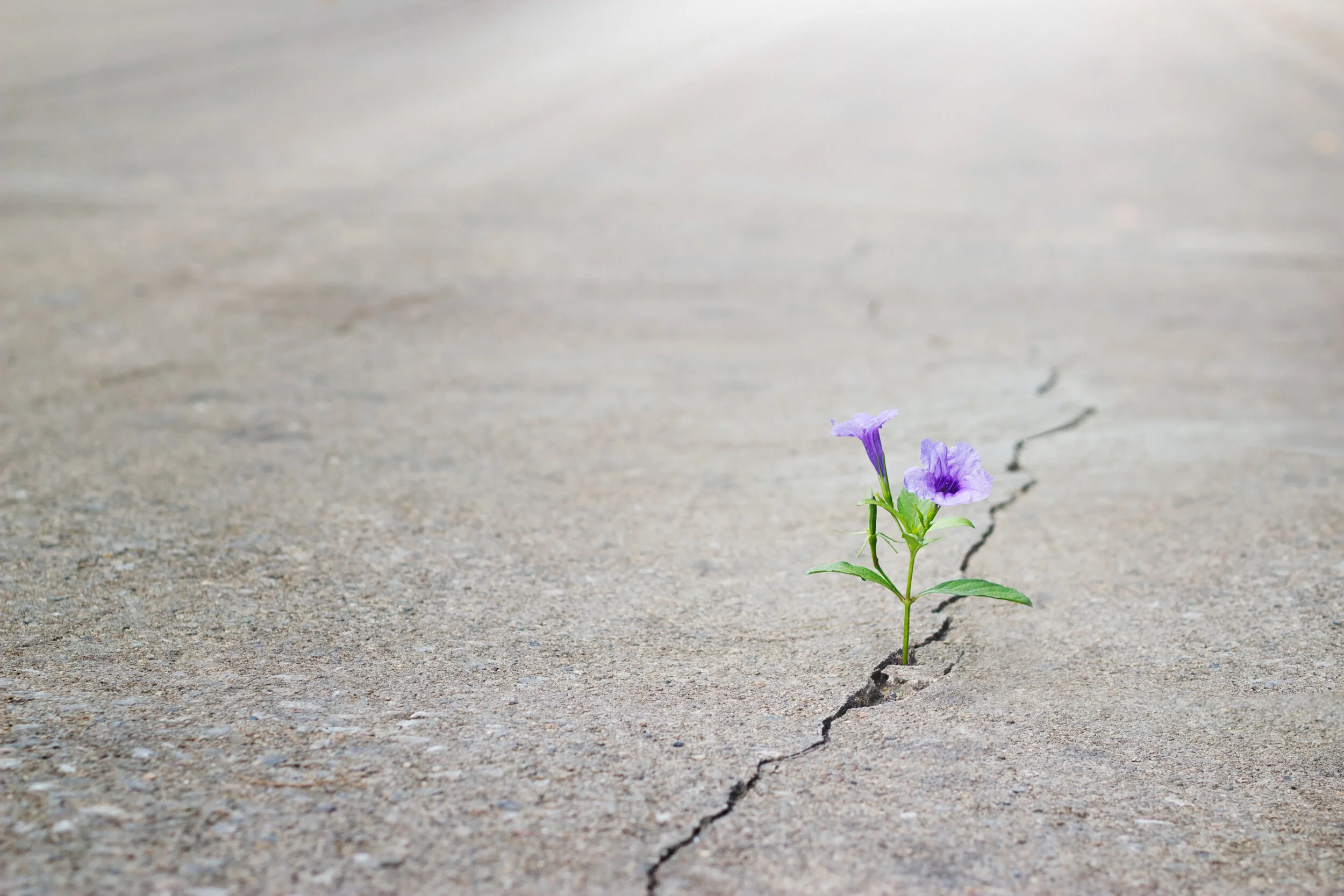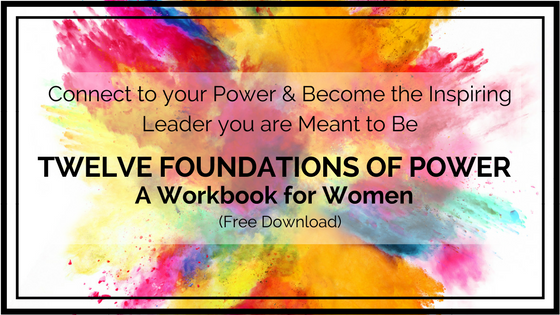What happens when someone you love leaves this world? When a living piece of your reality stops being there?
The doors open, they pass through, and you don’t. Then the doors close and you can’t see them anymore. And you can’t feel them or smell them or touch them. You can’t hear their voice or experience their laughter. You cannot stroke the back of their neck or nestle your palm against theirs. You cannot feel the warmth of their body touching your own. You no longer experience them twitching softly as they sink into sleep.
When someone you love leaves this reality, you are struck squarely with the understanding of the interconnected nature of your identity as a human being because there is a raw, gaping hole in who you understood yourself to be, in what you experienced your reality to be.






